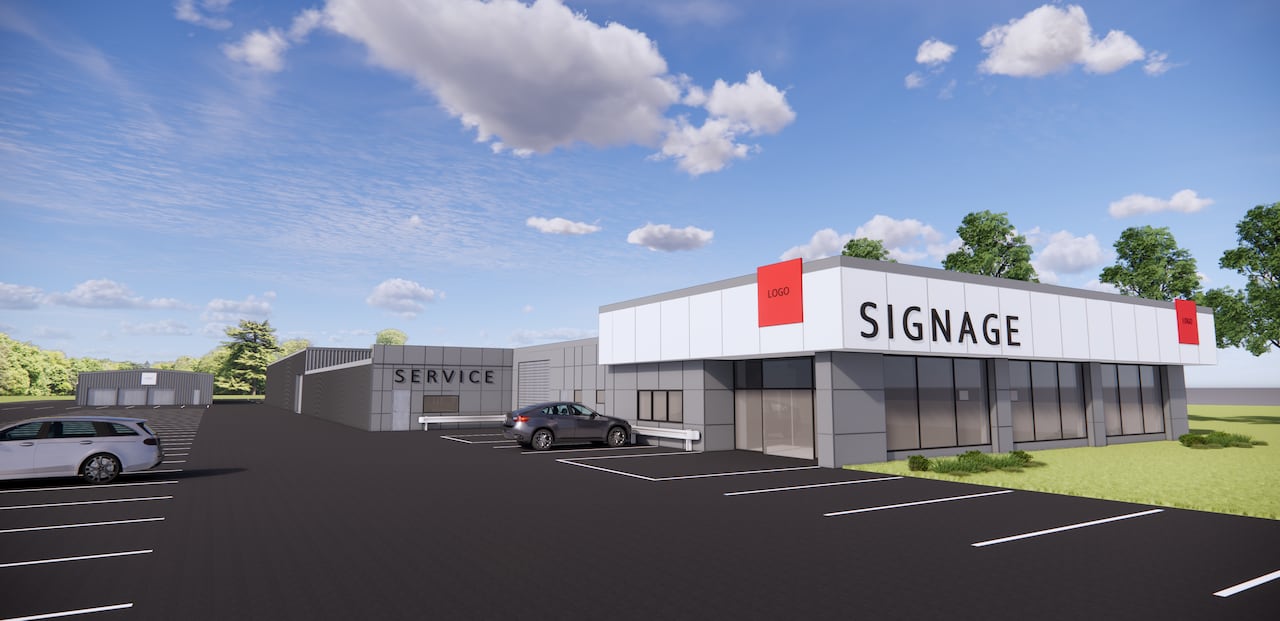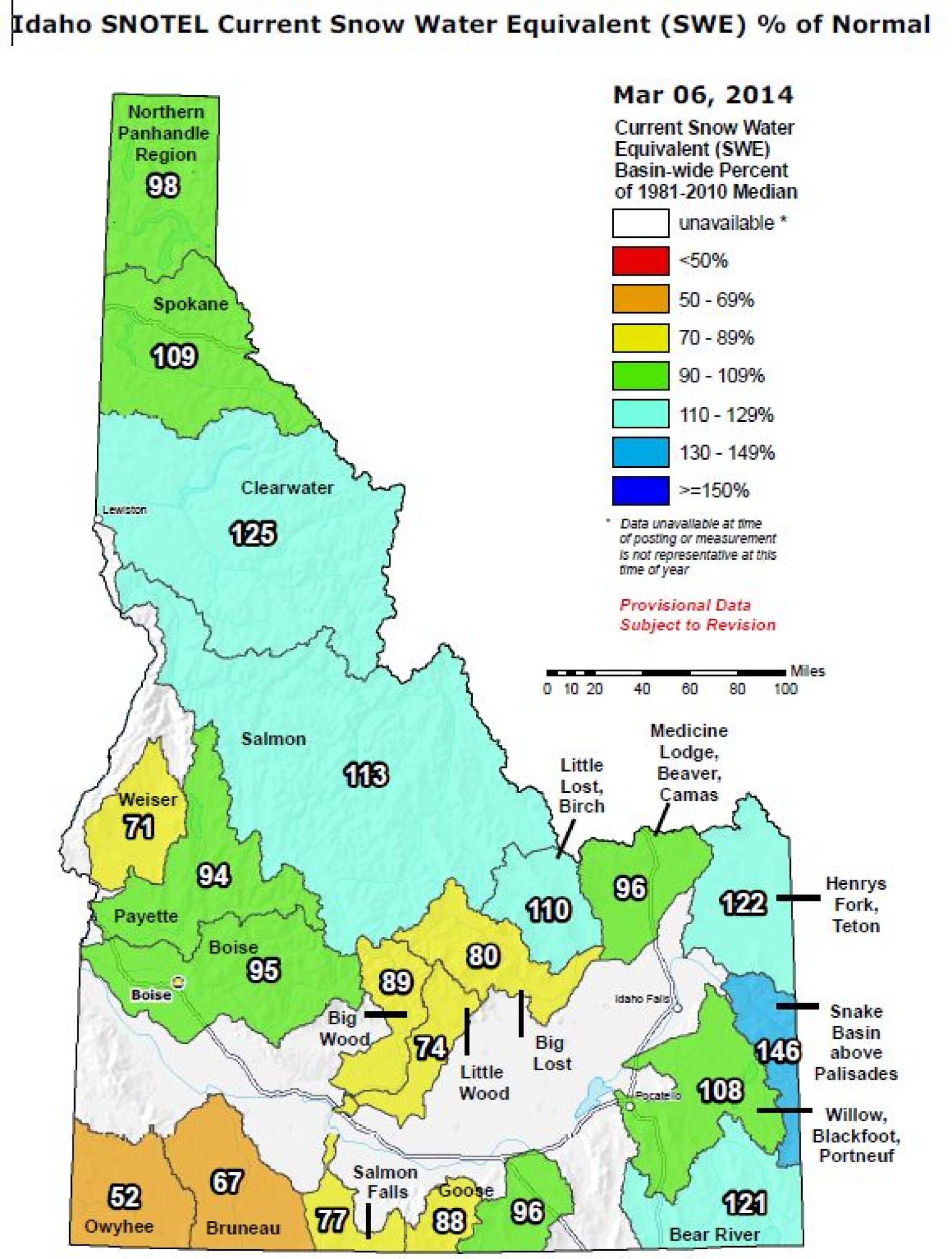New Pushback: Car Dealers Reject Proposed Electric Vehicle Regulations

Table of Contents
Key Concerns of Car Dealers Regarding EV Regulations
Car dealers are expressing significant concerns about the proposed electric vehicle regulations, citing several key issues that threaten their profitability and operational viability. These concerns, if not addressed, could significantly impede the widespread adoption of EVs.
-
Reduced profit margins: EVs typically require less maintenance than gasoline-powered vehicles, resulting in significantly lower service revenue for dealerships. This decreased revenue stream directly impacts dealer profits and could make EV sales less attractive compared to traditional vehicles. The reliance on service departments for profitability is a major factor in this pushback against tighter EV regulations.
-
Inadequate EV infrastructure: The lack of a robust public charging infrastructure remains a major obstacle. Dealers worry about increased consumer hesitancy due to "range anxiety" – the fear of running out of battery charge before reaching a charging station. This concern is amplified by the uneven distribution of existing charging infrastructure, particularly in rural areas. Without significant investment in expanding the charging network, dealers fear reduced EV sales and increased customer dissatisfaction.
-
High training and tooling costs: EV repair and maintenance require specialized training and tools, representing a significant investment for dealerships. The cost of retraining technicians and acquiring new equipment puts a considerable financial strain on businesses, particularly smaller dealerships. This added expense is a major factor contributing to dealer resistance towards stricter EV regulations.
-
Unrealistic sales quotas: Government mandates often set ambitious sales targets for EVs, which dealers find difficult to meet without sufficient consumer demand. Imposing these quotas without providing adequate support mechanisms puts undue pressure on dealers and could lead to penalties and further resentment. This inflexible approach to regulation is a key driver of the current pushback.
-
Regulatory uncertainty: The rapidly evolving nature of EV regulations creates uncertainty for dealerships. The lack of clarity about future regulations impacts inventory management, business planning, and investment decisions. Dealers need long-term predictability to make informed choices about their business model and investment in EV infrastructure.
The Impact of Rejected Regulations on EV Adoption
The rejection or weakening of proposed EV regulations due to dealer pushback could have far-reaching consequences for the entire EV ecosystem. These effects will ripple through the market, impacting consumers, manufacturers, and the environment.
-
Slower EV market growth: Decreased dealer support and slower sales directly translate to a slower growth trajectory for the EV market. This undermines efforts to achieve rapid decarbonization of the transportation sector.
-
Reduced government incentives and consumer interest: If regulations are stalled, government incentives aimed at promoting EV adoption may be reduced or eliminated, lessening consumer interest and hindering sales.
-
Environmental setbacks: Delayed EV market growth directly impacts the achievement of environmental targets for carbon emission reductions. This could have significant implications for global climate goals.
-
Missed sales targets: Government-set sales targets for electric vehicles will become increasingly difficult to achieve if the industry is not aligned in its efforts. This failure will underscore the disconnect between policy and market realities.
-
Consumer uncertainty: Uncertainty surrounding future EV availability and pricing will lead to hesitancy among consumers. This creates a feedback loop that further slows adoption.
Alternative Approaches to Accelerate EV Adoption
Rather than imposing stringent regulations that meet resistance, a more collaborative and multifaceted approach is needed to accelerate EV adoption. This approach needs to address the concerns of all stakeholders, including car dealers.
-
Comprehensive incentive programs: Implementing substantial incentive programs for both consumers and dealers is crucial to stimulate demand and encourage greater investment in EV infrastructure. Incentives should target both purchase and maintenance aspects of EV ownership.
-
Investment in charging infrastructure: Massive investment in public charging infrastructure, especially in underserved areas, is essential to address range anxiety and boost consumer confidence. This investment must be accompanied by strategies to ensure reliable and affordable charging.
-
Consumer education: Educating consumers about the environmental and economic benefits of EVs is vital to increasing demand. This education should be coupled with campaigns addressing common misconceptions surrounding EV technology.
-
Collaboration and communication: Fostering effective collaboration between the government, car manufacturers, and dealers is crucial to finding mutually beneficial solutions. This collaboration should involve open communication and a willingness to compromise.
-
Public-Private Partnerships: Leveraging public-private partnerships can significantly accelerate the deployment of EV charging infrastructure. Shared investment and responsibility can alleviate the financial burden on individual entities and maximize efficiency.
The Role of Public-Private Partnerships
Public-private partnerships (PPPs) offer a powerful mechanism to overcome the hurdles to widespread EV adoption. They offer a framework for shared responsibility and efficient resource allocation.
-
Funding and Expertise: PPPs can provide both funding and expertise for EV infrastructure development, combining the financial resources of the private sector with the regulatory framework and policy guidance of the government.
-
Shared Responsibility: Dividing responsibility between government and private entities can mitigate the financial burden on each party, facilitating a more sustainable investment strategy.
-
Stakeholder Engagement: Successful PPPs require comprehensive stakeholder engagement, including car dealers, manufacturers, and consumer advocacy groups, to ensure that the resulting infrastructure and support mechanisms are effective and meet market needs.
Conclusion
The resistance from car dealers to proposed electric vehicle regulations highlights a significant hurdle in the transition to a cleaner transportation future. Addressing their concerns through collaboration, targeted incentives, and strategic infrastructure development is crucial. Failure to do so risks delaying the widespread adoption of EVs, impacting environmental goals and potentially hindering economic growth. The current pushback underscores the need for a more nuanced and collaborative approach to EV regulation that considers the practical concerns of all stakeholders.
Call to Action: Understanding the pushback against electric vehicle regulations is vital for policymakers and industry stakeholders alike. Finding common ground and implementing effective strategies is key to overcoming this obstacle and achieving sustainable growth in the electric vehicle market. Let’s work together to find solutions that foster successful and mutually beneficial electric vehicle regulations.

Featured Posts
-
 Another Strong Start Mets Starter Shows Continued Improvement
Apr 28, 2025
Another Strong Start Mets Starter Shows Continued Improvement
Apr 28, 2025 -
 Gpu Market Update High Prices And What To Expect
Apr 28, 2025
Gpu Market Update High Prices And What To Expect
Apr 28, 2025 -
 Mets Starting Pitchers Transformation A New Edge In The Rotation Battle
Apr 28, 2025
Mets Starting Pitchers Transformation A New Edge In The Rotation Battle
Apr 28, 2025 -
 Walker Buehlers Start Highlights Red Sox Blue Jays Lineup Showdown
Apr 28, 2025
Walker Buehlers Start Highlights Red Sox Blue Jays Lineup Showdown
Apr 28, 2025 -
 Max Frieds Strong Yankees Debut Highlights 12 3 Victory Over Pirates
Apr 28, 2025
Max Frieds Strong Yankees Debut Highlights 12 3 Victory Over Pirates
Apr 28, 2025
